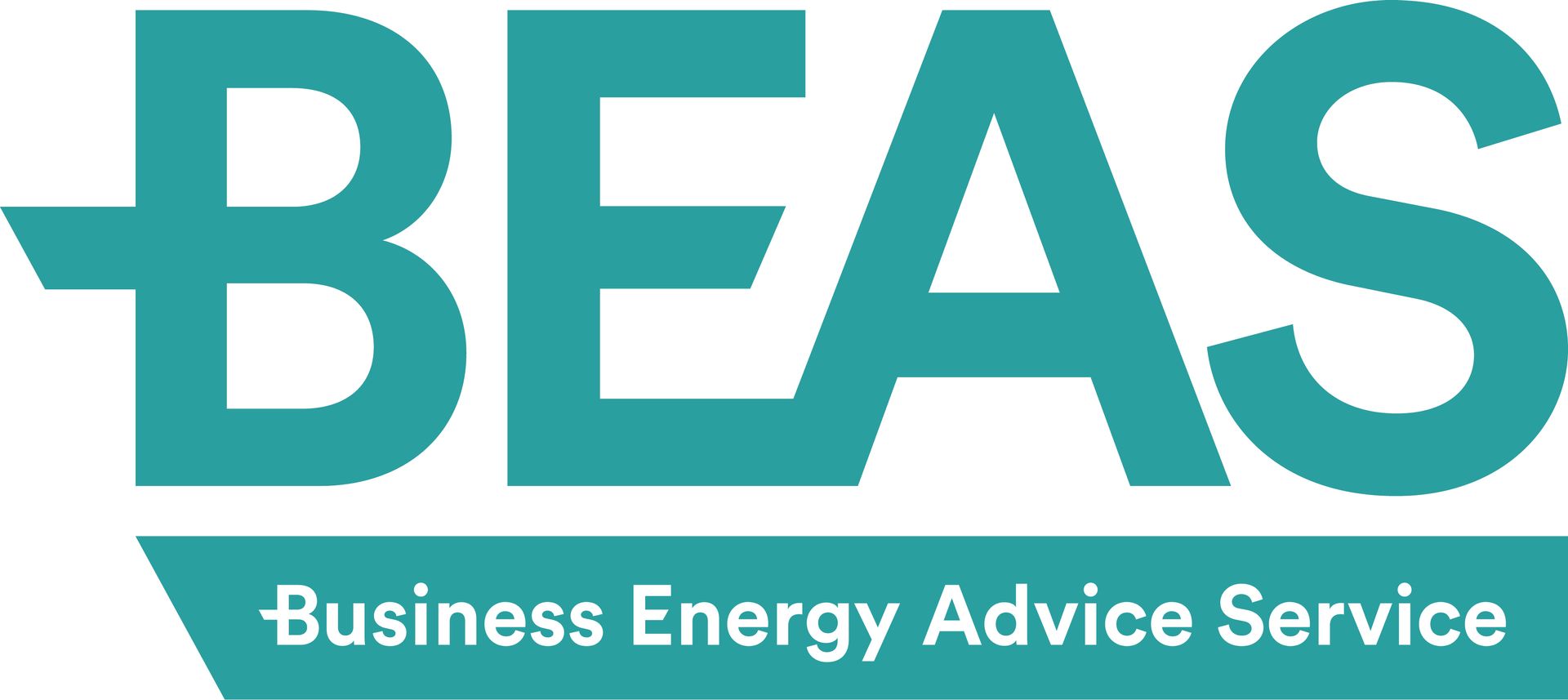The top 5 cyber threats facing care organisations
In an age where care meets technology, safeguarding sensitive data and securing vital systems has never been more important. The ongoing digitalisation of the adult social care sector is helping to streamline operations and improve service user care, but it’s also presenting opportunities for cyber attacks and data breaches.
Consistently, for over a decade, the care sector has the highest global cost of a data breach, totalling $10.93 million in 2023 (IBM Security), and there is no sign of this slowing down. As a result, there are increasing expectations for care providers to demonstrate they have appropriate defences in place to protect their service users, data, and operational continuity.
In this blog, the experts over at Citation dive into the threat landscape and current risks facing care organisations, providing you with practical defence steps for boosting cyber resilience.
You can also chat with staff from Citation at our upcoming Autumn Conference: Cyber Summit on 3rd October.
**************************************************
Understanding the threat landscape for care businesses
The wealth of sensitive information and the potential impacts following a data breach makes care organisations prime targets for cyber criminals. The NCSC’s ‘Cyber Security Strategy for Health and Social Care’ reports that phishing, malware, and ransomware are the biggest threats facing care businesses, along with outdated technologies, data misuse, supply-chain attacks, and lack of cyber awareness.
Cyber crime is on the rise, particularly within the care sector. In fact, there were 2.39 million instances of cyber crime in 2023 and reports reveal that 52% of health and social care businesses were hit by cyber attacks. An incident could lead to the loss of sensitive data, company downtime, incompliance fines, and reputational damage. It’s never been more crucial to implement robust defences to protect your business.
Common cyber risks in the care sector
Phishing
The most common cyber attack vector, phishing is a social engineering tactic used to deceive individuals into providing sensitive information or access to a device/account. Phishing is typically conducted via electronic communications (e.g., email, SMS, phone calls, and social media messages) and is designed to provoke a sense of fear and urgency in the recipient, causing them to act quickly without questioning its nature or legitimacy.
Training your workforce to identify and handle phishing communications correctly can significantly reduce your risk of a breach. Improve employee vigilance with up-to-date e-Learning and phishing simulations, and couple this with firewalls, email filtering, and strict configurations.
Ransomware
A type of malicious software that prevents the use of a system, either by locking the system’s screen or by locking the user’s files unless a ransom is paid. There are various ways cyber criminals could infiltrate your business, some of the most common being:-
- Embedding malicious links and attachments into emails.
- A user visiting a compromised website, also known as drive-by-downloads.
- Infected portable hardware including USB sticks.
- Open RDP ports.
To reduce the risk of ransomware, and to minimise the fallout in the event of a successful attack, regularly back up your data and store these on a server that isn’t attached to the same network. Equip your people with the knowledge and skills to recognise and respond to potential threats and create a robust incident response plan that maintains operational continuity.
Insider threats
Insider threats involve malicious or negligent actions of employees, contractors, or other trusted individuals within your organisation. These threats can include intentional data theft, accidental data breaches, or sabotage.
Lack of awareness with cyber security best practices can lead to your workforce being easily manipulated by attack attempts or even cause a data breach. As a care organisation, you’ll store extremely sensitive information and your team needs to understand their roles and responsibilities with handling this correctly, and ensuring it remains protected in line with the GDPR. Implement policies and procedures with regards to data handling and protection, ensure your users only have access to the information and applications they need to perform their job (Principle of the Least Privilege), and introduce regular employee training with the latest guidance and best practices.
Supply-chain attacks
Care organisations rely on third-party suppliers for various services, which can introduce additional cyber security risks. Over the past couple of years, there has been a surge in supply-chain attacks with businesses falling victim to data breaches as a result of compromised third-party suppliers.
Cyber criminals are seeing the value in targeting the supply chain, as they essentially get more out of their efforts – by targeting just one business, they can get access to a multitude of data and devices. Of course, outsourcing services is an important part of running a successful care business, so it’s key that you have the right systems in place and implement policies to validate your suppliers’ defences.
Outdated technologies
Outdated technologies and legacy systems is an ongoing battle within the care sector. Legacy systems are a risk to healthcare organisations due to the outdated software and lack of updates/bug fixes. These leave vulnerabilities open to be exploited by cyber criminals, potentially compromising sensitive patient data.
The benefits of cyber security
Cyber security defences not only help support your care organisation with reducing risk and remaining compliant, but it can also help strengthen your stakeholder relationships and provide growth opportunities. Implementing a cyber security strategy can help your business:-
- Boost overall reputation by demonstrating that you take the protection of your vital devices and data seriously.
- Improve your resilience to the ever-evolving threat landscape by remaining a step ahead of attack tactics and legislation updates.
- Upskill your workforce and create a healthy cyber security culture amongst your people.
- Provide you with deeper visibility of your digital environment, allowing you to identify areas for improvement.
- Open new revenue streams including tendering opportunities.
Want to become a cyber-secure business?
Citation can help you do just that. Not only can they support you with your HR, Health & Safety, and Employment Law needs, but they can help you implement the defences your business needs in order to remain protected, resilient, and compliant.
Speak to a member of their team today on 0345 844 1111 or click here to discover how you can get started. Remember to quote ‘WMCA’ when enquiring to access your preferential rates.





















